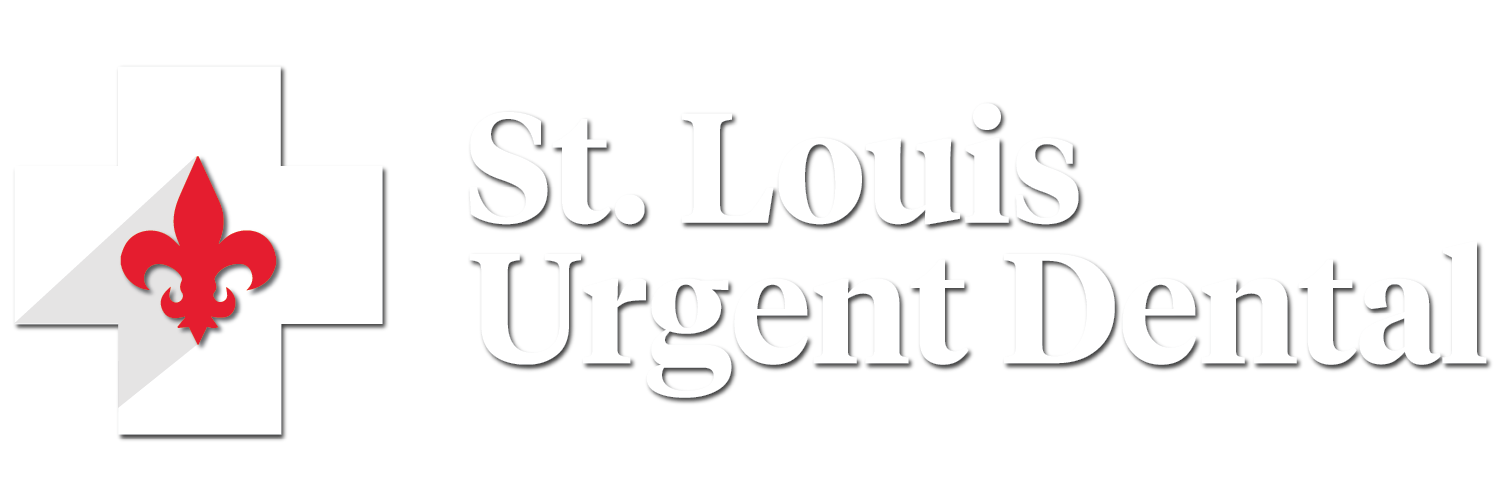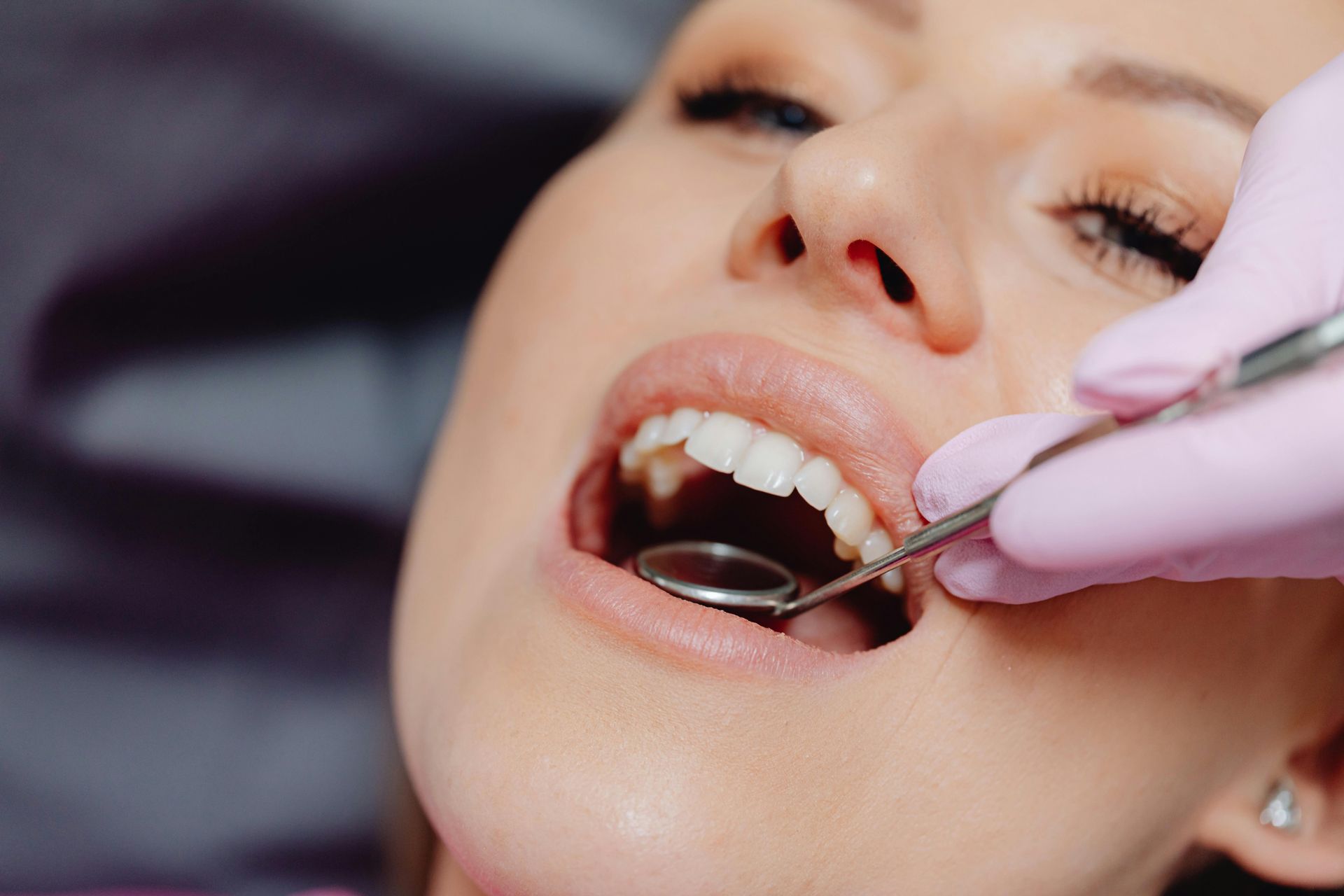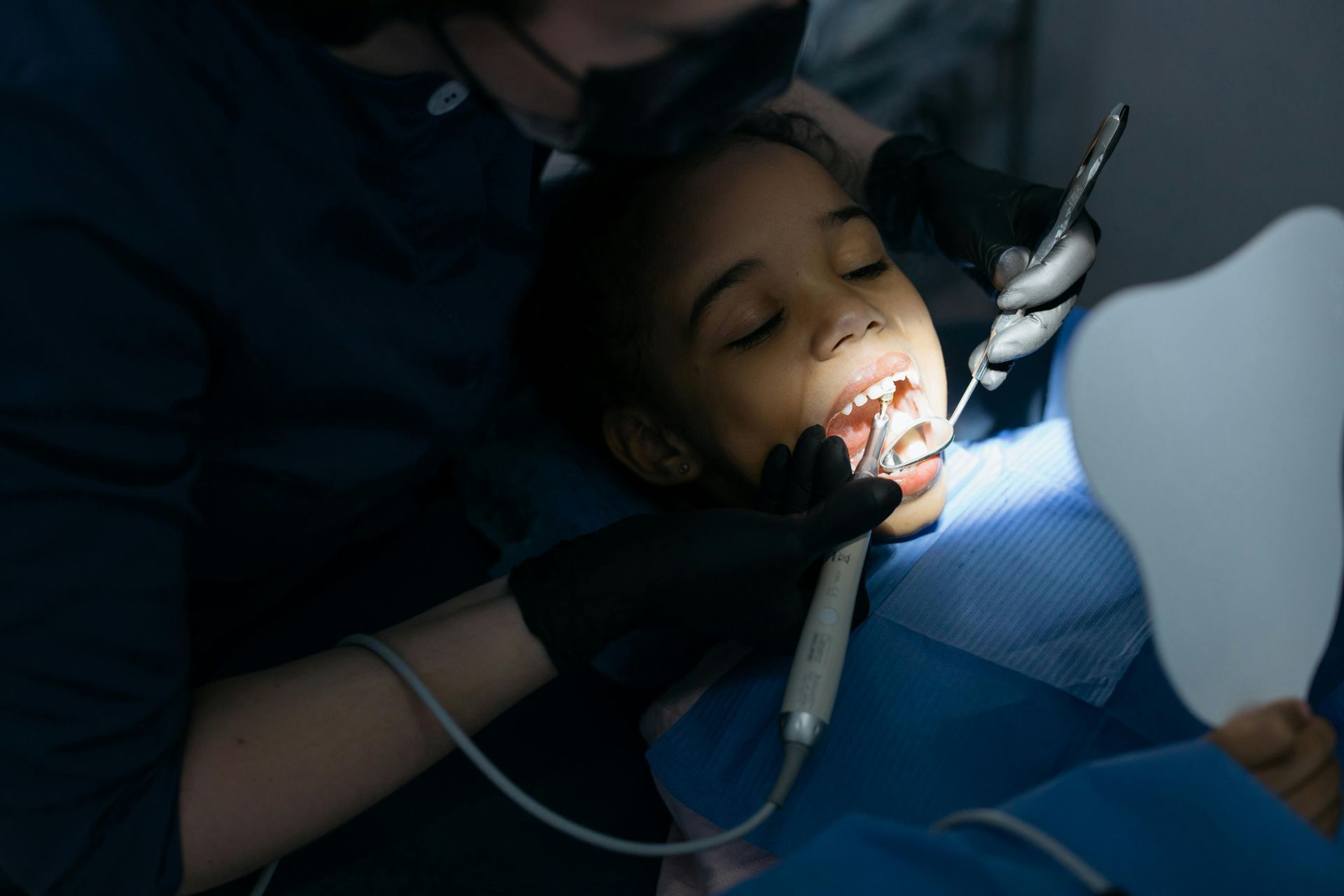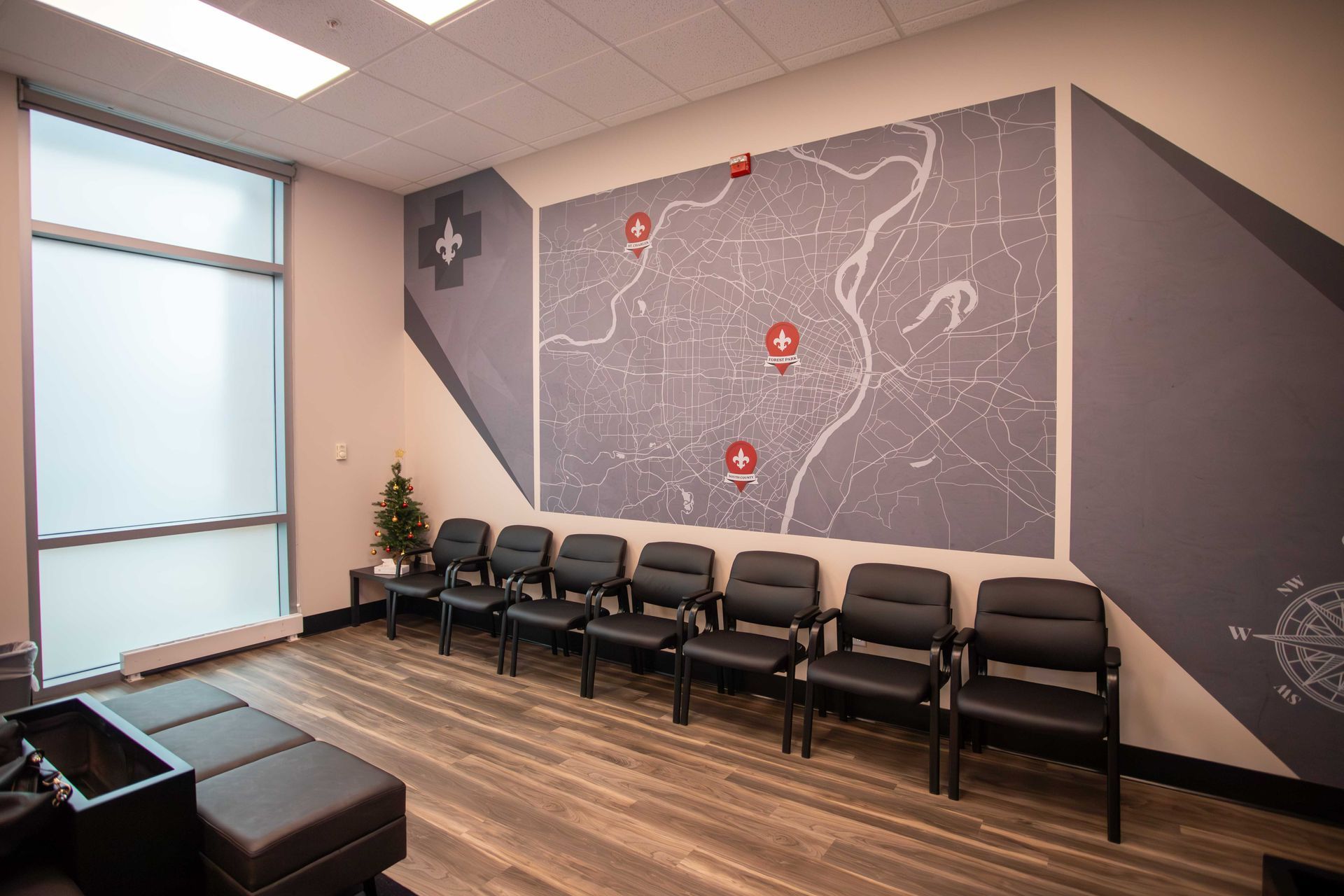When to Seek Urgent Dental Care
Dental emergencies can happen anytime—whether a severe toothache waking you up in the middle of the night or an accident that knocks out a tooth.
But how do you know when to seek urgent, after-hours dental care and when it's okay to wait for a regular appointment?
At our emergency dental clinic, we help patients navigate urgent situations and get the care they need as quickly as possible.
Let's discuss the key dental issues that require immediate attention and those that can typically wait until regular office hours.
When Urgent, After-Hours Dental Care Is Necessary
Some dental problems should never be ignored. If you experience any of the following issues, seeking emergency dental care can prevent further complications and relieve severe pain.
Tooth Knocked Out
A knocked-out tooth is one of the most urgent dental emergencies. If you act fast, there is a chance you can save the tooth.
- Handle the tooth by the crown, not the root. Touching the root can damage vital tissue.
- Gently rinse it with water if it's dirty—do not scrub.
- Try reinserting it into the socket If possible. Gently bite down on the gauze to hold it in place.
- If reinsertion isn't possible, place the tooth in milk or saliva to keep it moist.
- Get to an emergency dentist immediately! The sooner you get treatment (ideally within 30–60 minutes), the better the chance of saving the tooth.
Extreme Tooth Pain
If you're experiencing severe, persistent tooth pain that doesn't improve with over-the-counter pain relievers, you may have an underlying issue.
- A deep cavity exposing the nerve
- An abscess (infection at the root of the tooth)
- A fractured or damaged tooth
- Advanced gum disease
Extreme pain is your body's way of signaling that something is wrong. If your pain is sharp, throbbing, or accompanied by swelling or fever, don't wait—immediately seek emergency dental care.
Severe Tooth Decay
Tooth decay is a slow process, but once it reaches a severe stage, it can cause unbearable pain and lead to infections. Look for some specific signs that decay has become an emergency.
- A visible hole in the tooth that causes sharp pain
- Swelling or pus around the affected tooth
- A bad taste in your mouth or persistent bad breath
- Sensitivity to hot or cold that doesn't go away
Severe decay can lead to abscesses, which may require immediate treatment to prevent the infection from spreading.
Piece of Dental Work Falls Out
If a crown, filling, or bridge falls out, your tooth is exposed and vulnerable to damage and decay.
While this might not always cause immediate pain, fixing it as soon as possible is essential.
If you lose a filling or crown, you should take some precautions.
- Save the restoration if possible and bring it with you to the dentist.
- Avoid chewing on the affected side to prevent further damage.
Waiting too long to replace lost dental work can lead to complications, so seeking urgent care is recommended.
Severe Gum Inflammation
Swollen, bleeding, or painful gums can indicate severe conditions like gum disease or an abscess. Some signs will indicate if gum inflammation requires emergency care.
- Intense pain that affects eating or speaking
- Pus or an abscess forming near the gum line
- Fever or facial swelling
Ignoring these symptoms can spread infection, so seeing an emergency dentist as soon as possible is best.
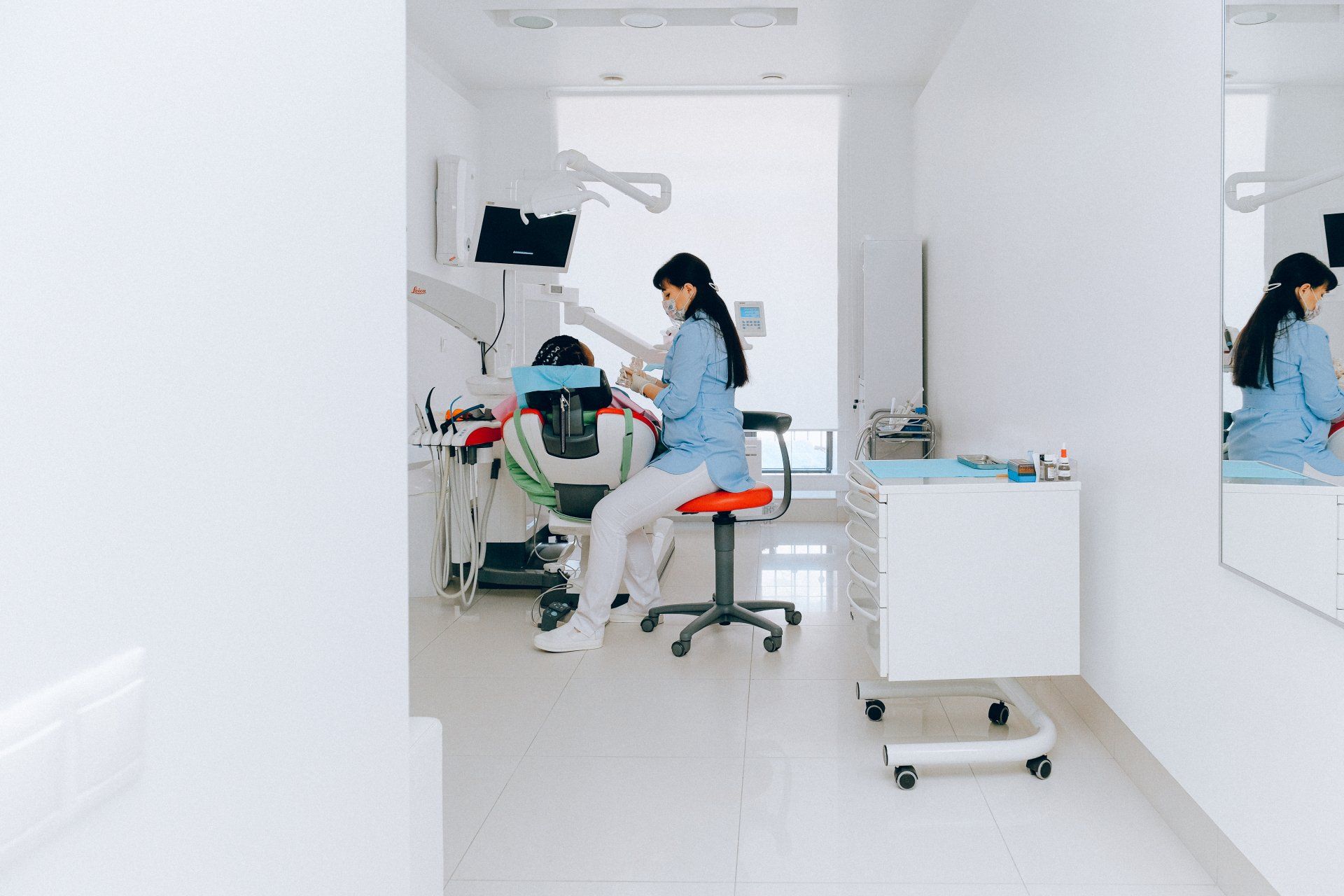
When Urgent Dental Care May Not Be Necessary
Not all dental issues require immediate attention. Here are some situations where you can wait for a regular dental appointment.
Slight Tooth Pain or Discomfort
Temporary sensitivity, minor cavities, or mild gum irritation often cause mild tooth pain. Before seeking emergency care, try these steps.
- Brush and floss to remove any irritating food particles.
- Use an over-the-counter pain reliever if needed.
- Avoid extremely hot, cold, or sugary foods that may trigger pain.
If the pain worsens or persists for a few days, schedule a regular appointment with your dentist. You should call an urgent dental facility if it becomes unbearable before you can get in.
Wisdom Teeth Early Pain
It's common for wisdom teeth to cause discomfort as they emerge - this doesn't always mean they require emergency removal. However, you should see an urgent dental clinic if you experience extreme symptoms.
- Intense pain that doesn't subside
- Swelling, redness, or difficulty opening your mouth
- Signs of infection, such as pus or bad breath
Mild pain can typically be managed with pain relievers and warm saltwater rinses until your next appointment.
Regular Cleanings
Routine cleanings are essential for oral health, but missing one appointment won't cause an emergency.
If you need to reschedule a cleaning, contact your dentist to book the next available slot. In the meantime, you should practice good oral hygiene.
- Maintain a vigorous oral hygiene routine at home.
- Use fluoride toothpaste to keep enamel strong.
- Avoid excessive sugar and acidic foods that can lead to plaque buildup.
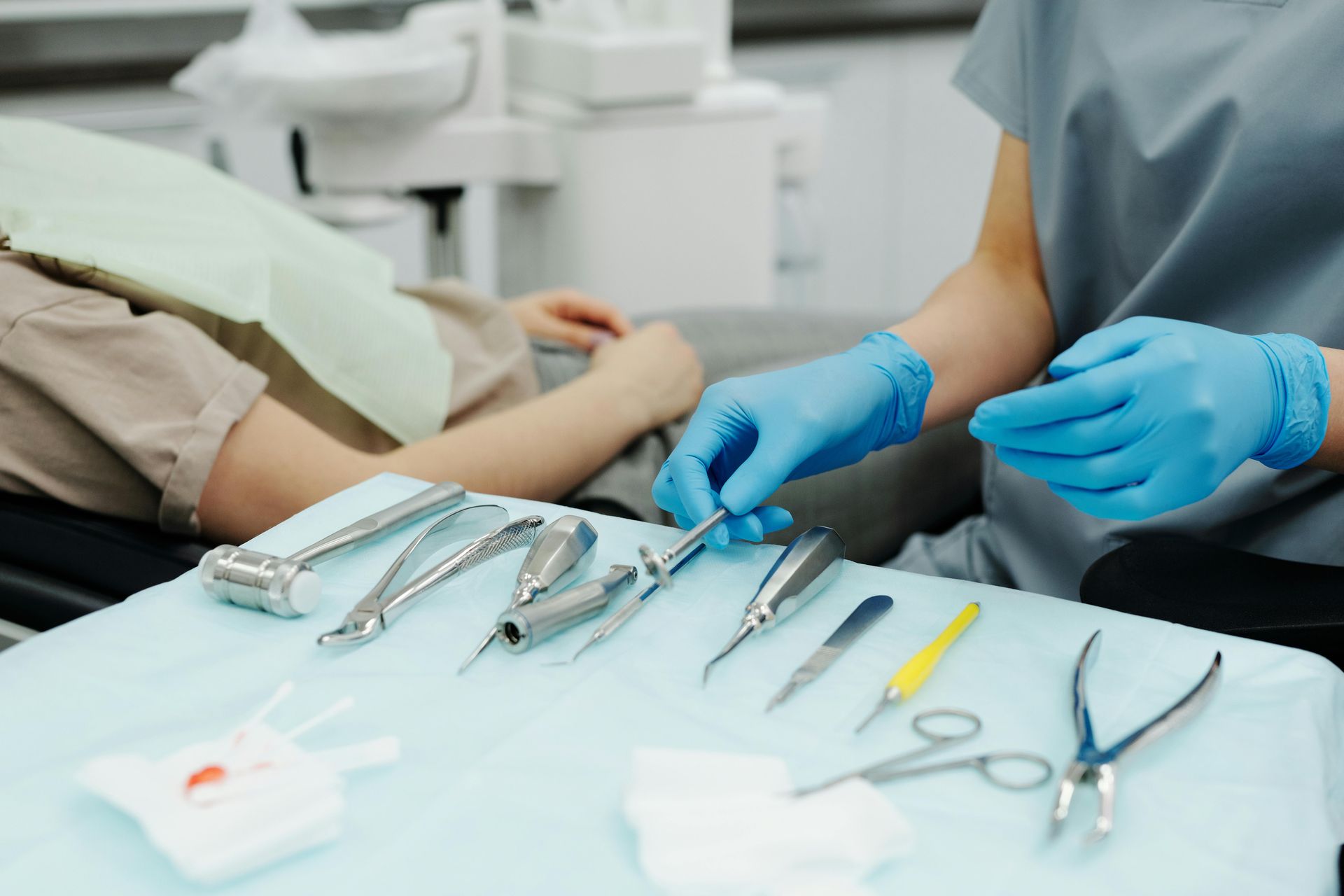
Give STL Urgent Dental a Call
Knowing when to seek urgent dental care can save you time, money, and unnecessary stress.
If you're experiencing severe pain, a knocked-out tooth, or signs of infection, don't hesitate—seek emergency dental care immediately.
Our St. Louis Urgent Dental team is here to help with your urgent, after-hours dental needs! We are open seven days a week.
Please note that we do not perform regular cleanings. After your urgent dental need is taken care of, we can recommend general dentists throughout the STL Metro area that can move forward with your care.
We are ready to help with dental emergencies, including root canals, crowns, socket grafting, extractions, implants, broken teeth, and more.
Our procedure pricing and other details are on our website.
Schedule an appointment, and you'll be smiling again in no time.
